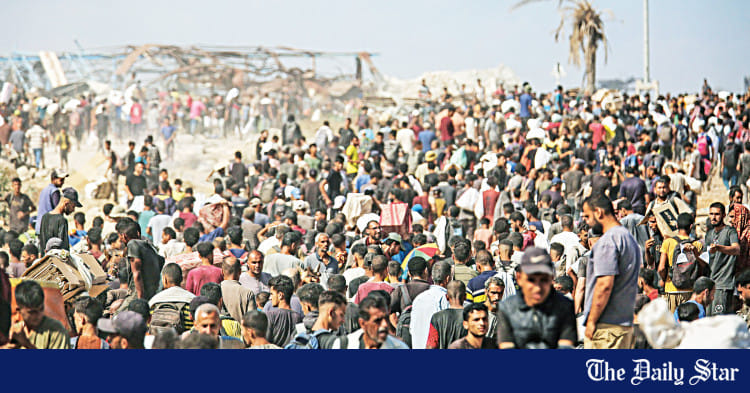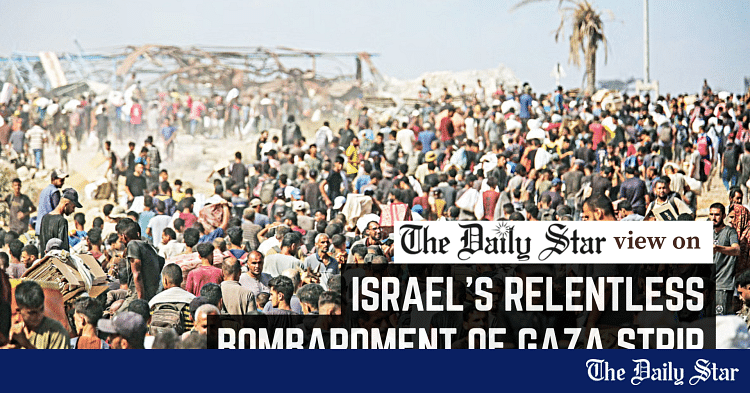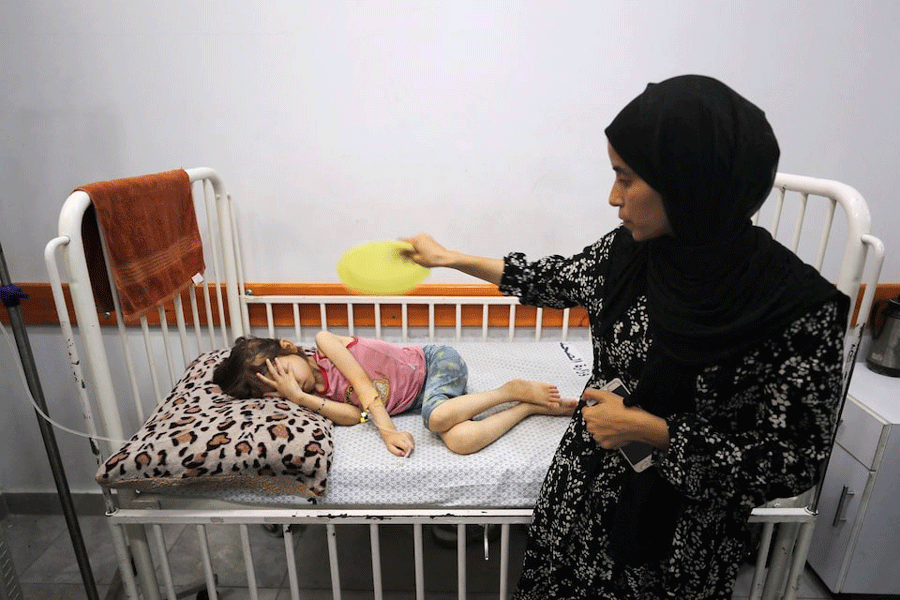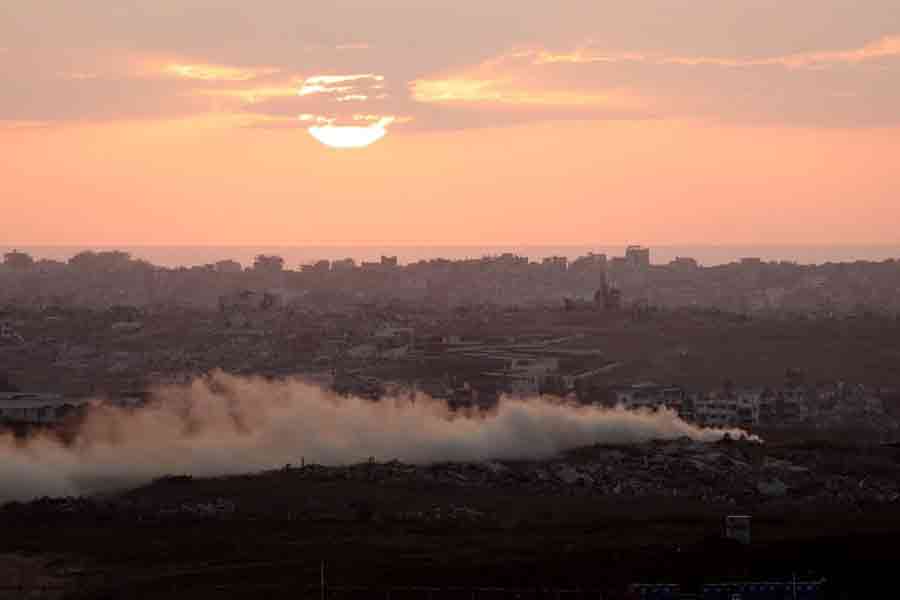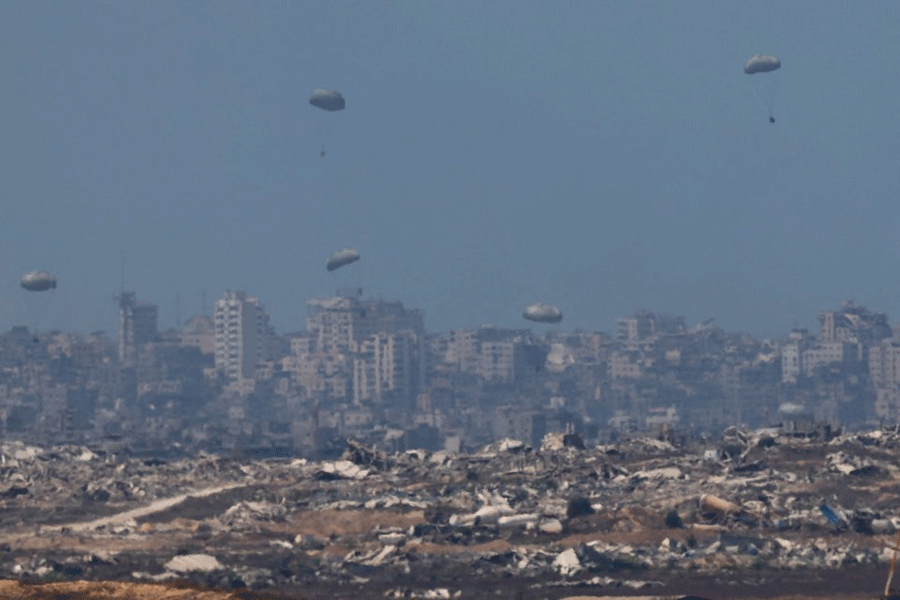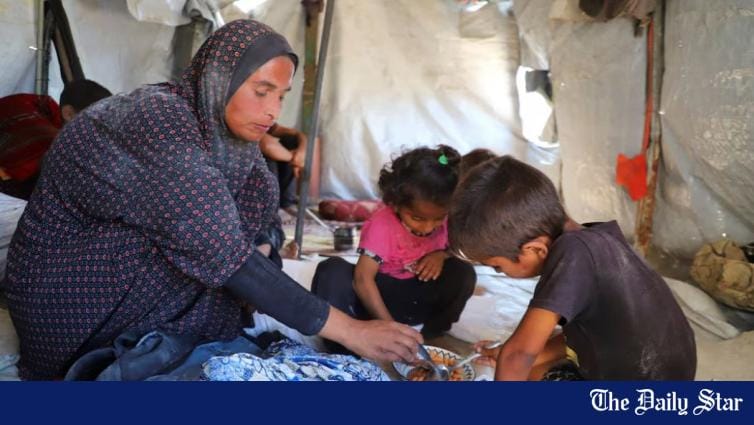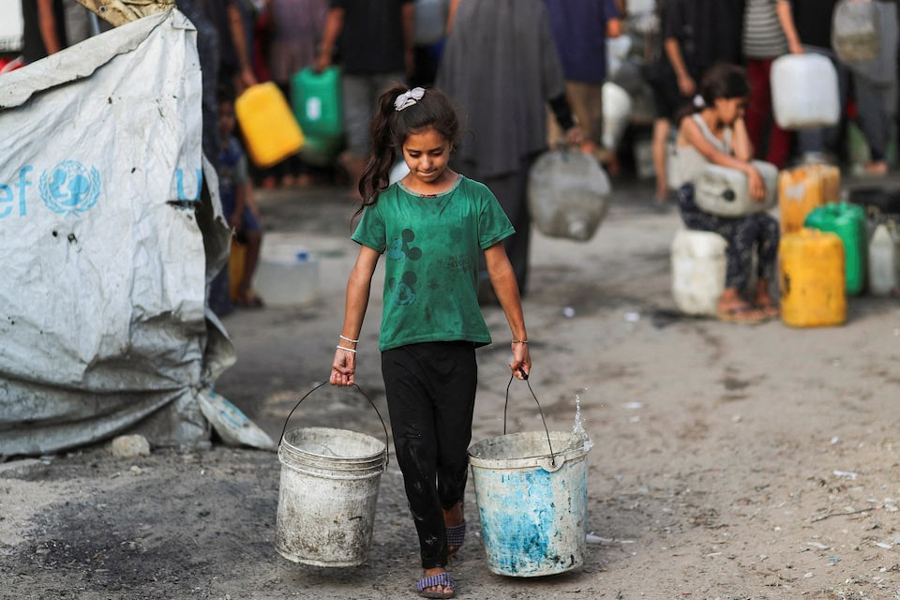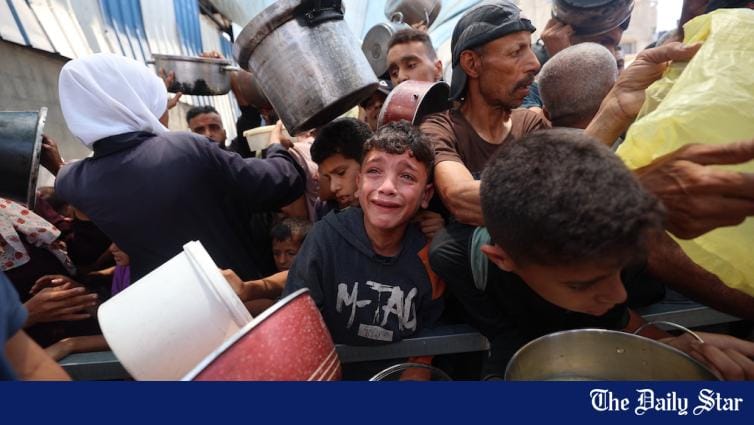- Copy to clipboard
- Thread starter
- #881
Saif
Senior Member
- Messages
- 15,207
- Reaction score
- 7,790
- Origin

- Residence

- Axis Group

Support for Israel’s Gaza war hits new low in US: poll
A new poll from the research firm Gallup suggests that only 32 percent of Americans approve of Israel’s military action in Gaza, a 10-point drop from September 2024, as anger over atrocities against Palestinians continues to rise.
Support for Israel’s Gaza war hits new low in US: poll
A new poll from the research firm Gallup suggests that only 32 percent of Americans approve of Israel's military action in Gaza, a 10-point drop from September 2024, as anger over atrocities against Palestinians continues to rise.
The survey, released on Tuesday, also showed an enormous partisan divide over the issue. Seventy-one percent of respondents who identified as members of the Republican Party said they approve of Israel's conduct, compared with 8 percent of Democrats, reports Al Jazeera online.
Overall, 60 percent of respondents said they disapprove of Israel's action in Gaza. Shibley Telhami, a professor at the University of Maryland, said the latest survey shows a trend of growing discontent with Israel that goes beyond the war on Gaza.
A new poll from the research firm Gallup suggests that only 32 percent of Americans approve of Israel's military action in Gaza, a 10-point drop from September 2024, as anger over atrocities against Palestinians continues to rise.
The survey, released on Tuesday, also showed an enormous partisan divide over the issue. Seventy-one percent of respondents who identified as members of the Republican Party said they approve of Israel's conduct, compared with 8 percent of Democrats, reports Al Jazeera online.
Overall, 60 percent of respondents said they disapprove of Israel's action in Gaza. Shibley Telhami, a professor at the University of Maryland, said the latest survey shows a trend of growing discontent with Israel that goes beyond the war on Gaza.

